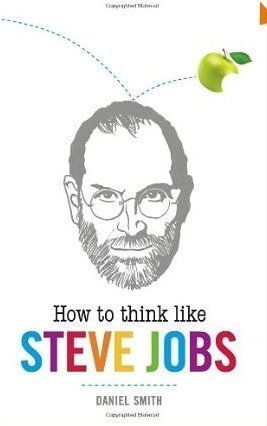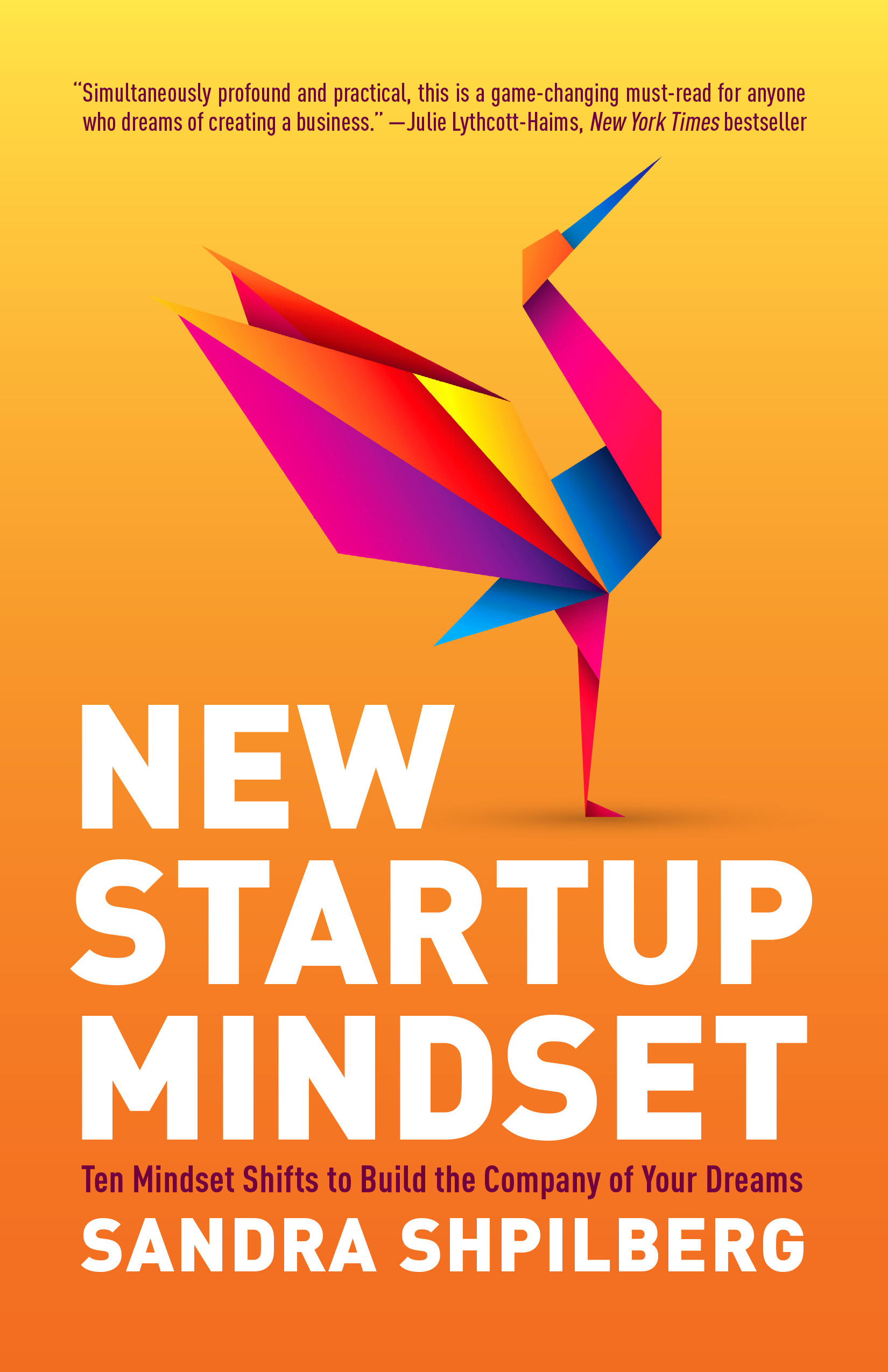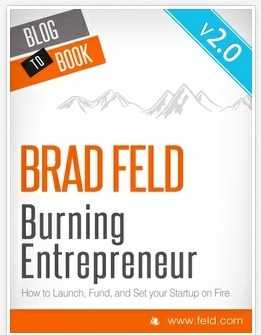
Zero to One: Notes on Startups, or How to Build the Future
Book Description
What if the key to the future lies not in competition, but in creation? In “Zero to One,” Peter Thiel challenges conventional wisdom, unveiling the secrets of innovation that can propel startups from mere ideas to revolutionary enterprises. With razor-sharp insights and provocative questions, he takes readers on a journey through the landscape of technology, urging entrepreneurs to strive for uniqueness rather than mimicry. Each page crackles with audacious possibilities, igniting a vision of a world reshaped by bold thinkers. Are you ready to redefine success and unleash a future only you can imagine?
Quick Book Summary
"Zero to One" by Peter Thiel is a groundbreaking exploration of innovation, entrepreneurship, and how to build successful startups in the modern era. Thiel argues that true progress comes not from incremental improvements (going from 1 to n) but from pioneering unique innovations (going from 0 to 1). He challenges entrepreneurs to focus on creating monopolies through original ideas rather than entering competitive markets. Drawing from his experiences as a co-founder of PayPal and an early investor in companies like Facebook, Thiel offers unconventional wisdom, such as seeking secrets, building strong foundations, and thinking for the long term. This book provides practical insights and provocative frameworks for anyone aiming to create transformative companies and shape the future.
Summary of Key Ideas
Table of Contents
Creating for Monopoly, Not Competition
Peter Thiel begins by differentiating between horizontal progress (copying ideas that work, going from 1 to n) and vertical progress (creating something new, going from 0 to 1). He emphasizes that true innovation arises from developing unique technologies or approaches that have not previously existed. Competing in existing markets, he argues, tends to erode profits and stifles creativity, whereas creating a monopoly through groundbreaking ideas allows for both profits and the ability to shape the market standards.
The Value of Unique Insights and Secrets
Central to Thiel’s thesis is the idea that successful entrepreneurs uncover secrets—truths about the world that are hidden or overlooked. He argues that startups should search for unique opportunities and be courageous enough to pursue ideas that others deem impossible. Thiel insists that companies striving to reach monopoly status must cultivate proprietary technology, network effects, economies of scale, and strong branding, all by unearthing and executing on these hidden insights.
Foundations and Team Building
A significant focus is placed on building solid foundations. Thiel highlights the importance of forming a cohesive founding team, establishing clear company cultures, and ensuring long-term commitment from all stakeholders. He points out that many startups fail not due to poor product ideas, but because of misalignment among founders or flawed initial decisions. Early efforts to create trust, shared vision, and well-defined roles set the stage for sustainable growth.
The Importance of Long-Term Vision
Thiel also stresses the necessity of long-term planning and vision in entrepreneurship. Rather than chasing short-term trends or mimicking successful competitors, future-oriented thinking enables startups to anticipate changes and shape their industries. Thiel encourages ambitious vision paired with realistic, step-by-step execution. By thinking several moves ahead, entrepreneurs stand a greater chance of creating lasting value and revolutionary change.
Navigating Uncertainty and Risk
Recognizing that uncertainty and risk are inherent to innovation, Thiel offers guidance for navigating these challenges. He suggests that smart risk-taking—through learning, experimentation, and calculated bets—is vital. Thiel advises founders to embrace the unknown, continually adapt, and face failure as an opportunity to iterate and refine their approach. The path from zero to one is never easy, but by daring to build what is truly new, entrepreneurs have the potential to build the future.
Download This Summary
Get a free PDF of this summary instantly — no email required.





